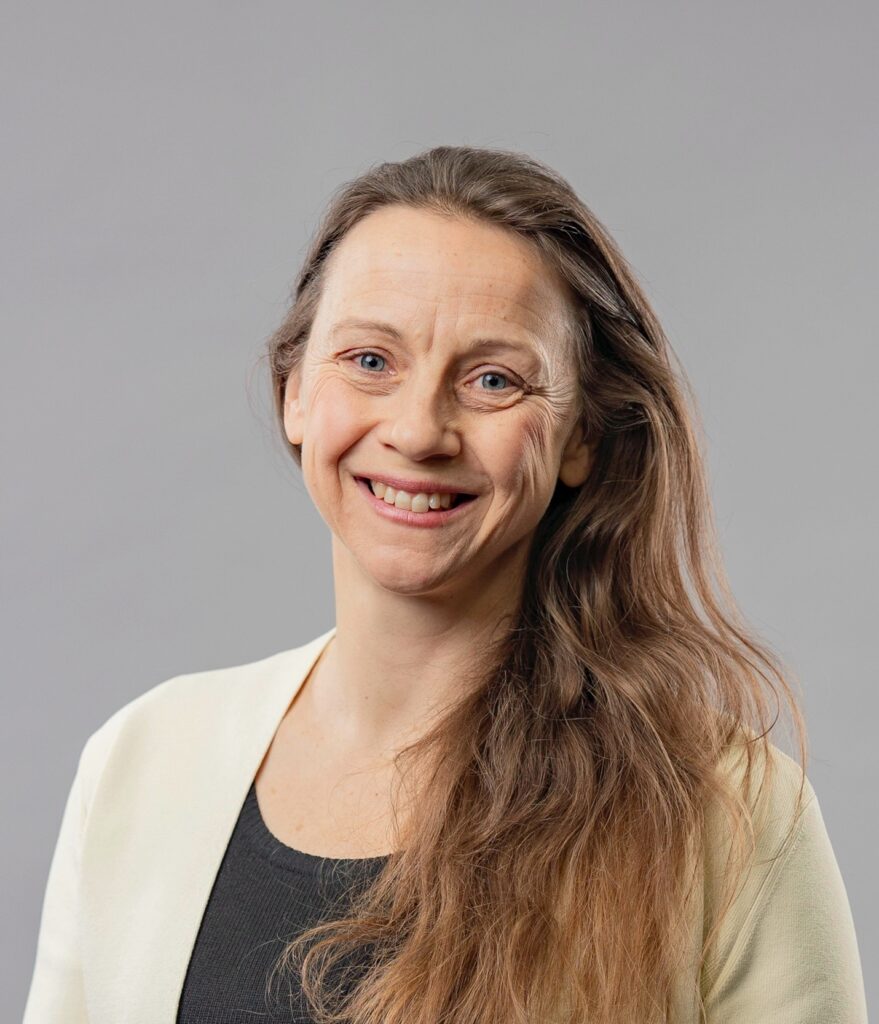 We understand how science works, right?
We understand how science works, right?
Soazig Le Bihan, professor of philosophy and pre-law program director at the University of Montana, says our knowledge may need an update.
Soazig Le Bihan is Professor of Philosophy and Director of the Pre-Law Program at the University of Montana. She has been conducting research in the philosophy of science for more than 15 years. She has published articles on the interpretation of quantum mechanics, scientific modeling, dissent in science, science and values, and edited a public-facing volume providing a survey of issues in philosophy of physics (in French). She is currently working on a book on scientific understanding, with Armond Duwell, in which they articulate a novel view of scientific understanding that explains how the great diversity of scientific practices provides understanding as they contribute to problem-solving.
How Science Really Works
Many of us have this romanticized picture of a solitary scientist unveiling the ultimate truth about the fundamental causes underlying the phenomena. The problem is that this picture of science is misguided on at least three fronts.
First, while some scientists indeed look for causes underlying the phenomena, others are interested in describing what is out there or in predicting, intervening, or producing some particular effect. Scientists tackle all kinds of complex problems using various strategies.
Second, precisely because scientists tackle complex problems, they don’t typically offer one unique and perfect answer. Instead, they consider multiple, partial and possibly conflicting solutions. What’s fascinating is that, often, considering multiple possible approaches is the best strategy to tackle complex problems.
Finally, contrary to the romanticized version of science, scientists do not work in isolation in hopes of establishing unquestionable truths. Instead, science is a social and contrarian process in which the community’s scrutiny ensures we have the best available knowledge. “Best available” does not mean “definitive,” but the best we have until we find out how to improve it.
So, science is a multifaceted, collective, and self-correcting process in which communities of experts scrutinize various possible approaches to tackle complex problems. This is important, I think, because holding science up to unrealistic standards, as the romanticized version of science would want us to, may result in us losing trust in science because of faulty expectations, not faulty science.
